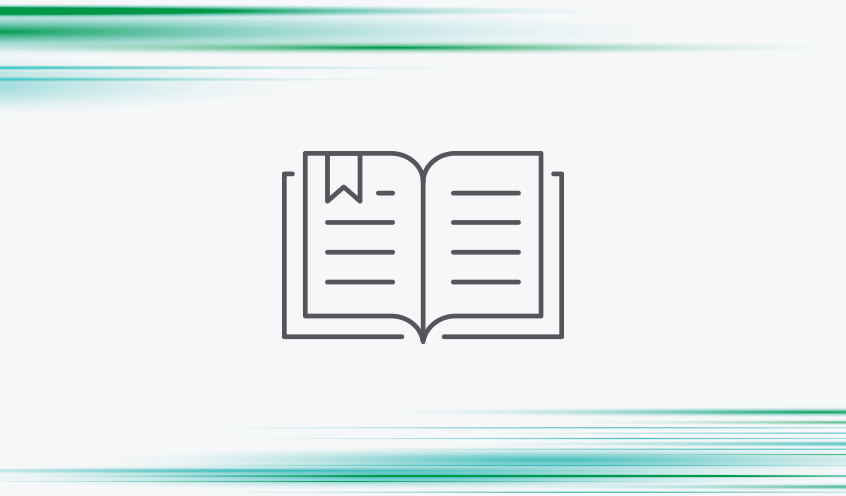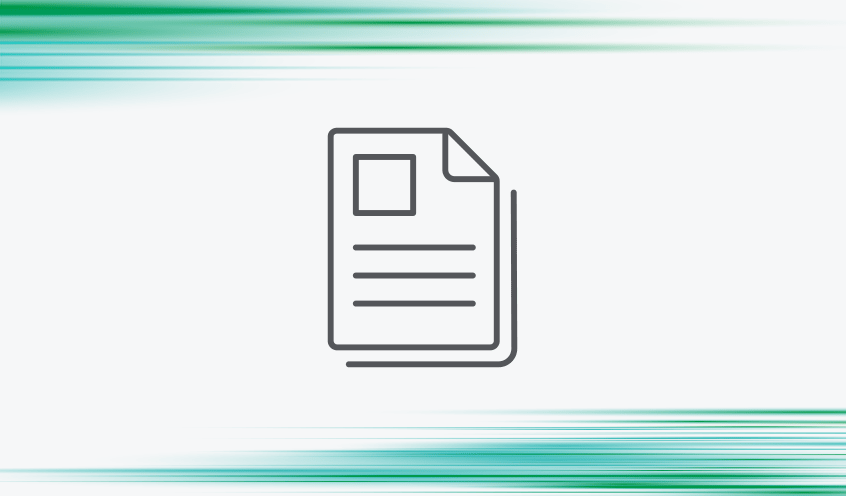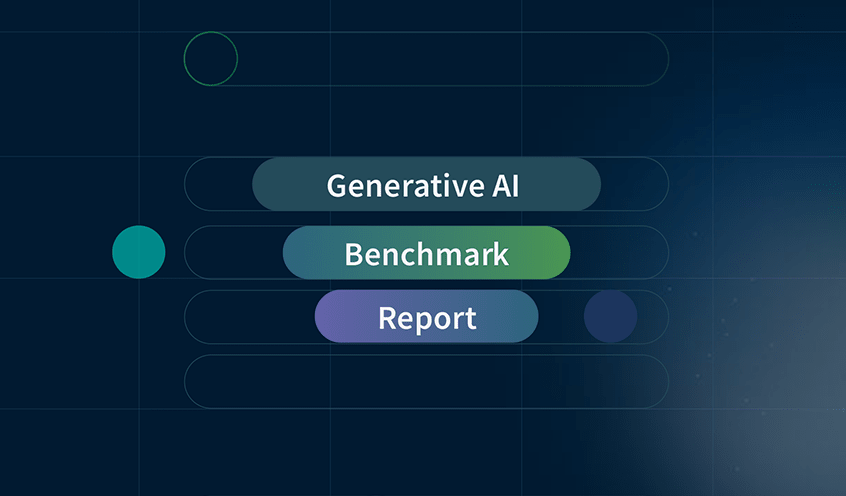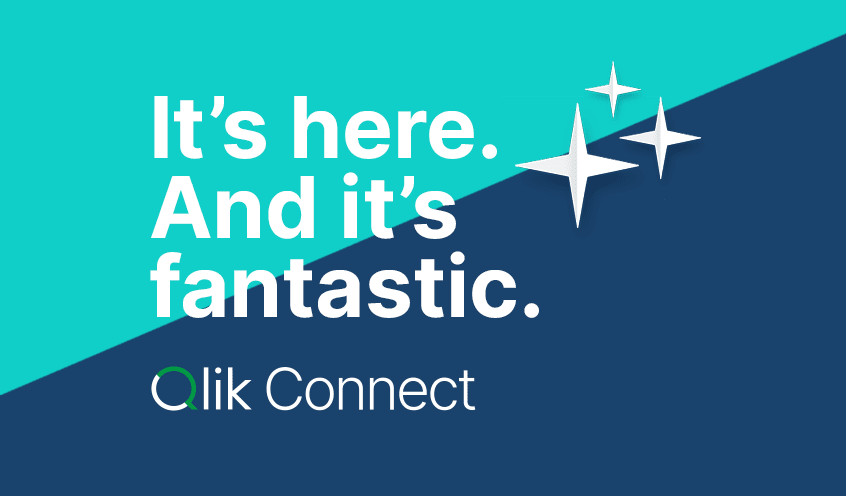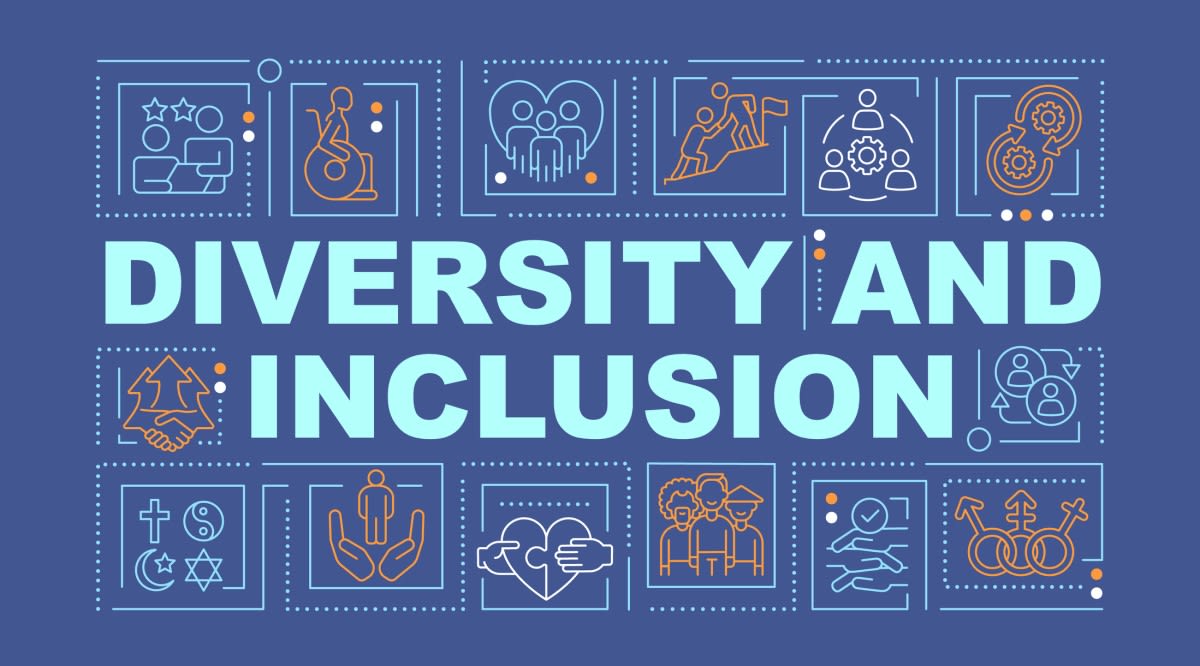For the 7th year in a row the Government and Public Services Qlik Community of Practice at Deloitte, in collaboration with Qlik, hosted its annual “HaQathon.” This competition among Deloitte professionals leverages a curated data model to expound upon and deliver dashboard visualizations through the Qlik SaaS offering, regardless of practitioner knowledge with the tool.
Previous events focused on topics ranging from providing medical care to underserved communities in Africa, Covid’s effect on the international water crisis, sustainability development goals and many more. This year, the collaboration elected to focus on a competition surrounding Diversity, Equity and Inclusion (DE&I).
“DE&I is a forefront topic for companies all around the world. It has become vital to understand how companies are operating effectively to create inclusive work environments where employees have a strong sense of belonging,” according to Julie Kae, VP Sustainability and DE&I at Qlik. “We are so energized by the results of this year’s HaQathon because the results are important and actionable.”
Given the sensitivity of the data, Deloitte and Qlik curated dummy data for teams to leverage. The teams worked to show the potential that visualizing this information can have, both in analytically describing why DE&I is important for employee satisfaction and for company bottom lines. The winning dashboard, chosen from 6 dashboards developed by over 30 volunteer participants, provided "what-if" analysis to show how companies could leverage Qlik to understand their workforce succession planning.
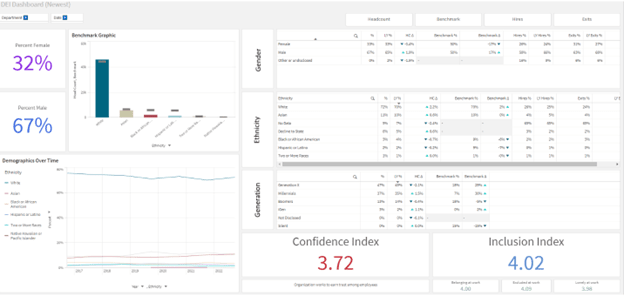
https://changeourworld.qlik.com/deloitte-dei/dashboard.html
We asked the winning team “Because data can be interchangeable, what about your dashboard conceptually can be universally applied to organizations working on progressing their DE&I efforts?”
One of the teams’ developers, Asher Meyers responded with: “While most existing DE&I analytics are focused on the present, firms must imagine the future and then chart a plausible path towards it, with the active influence of the people who will be responsible for making it happen. This requires analytics tooling that’s intuitive enough to be used by anyone. In particular, a forecasting tool to gauge when DE&I goals will be met can make a firm’s ambitions tangible and accountable and frame a discussion of what firm efforts will actually accomplish.”
This competition led to many valuable insights relating to DE&I from all the applications presented, and drove further conversations on how data analytics can continue to be applied to show the importance of DE&I. Understanding how an employee feels at work ultimately leads to understanding how companies can best support them to achieve more in their roles, as well as mitigate the costs of turnover by retaining good employees.
Lead Qlik Alliance Principal at Deloitte, Darren Schneider said, “We are fortunate to have the opportunity to collaborate with Qlik for our annual HaQathon, which not only helps grow our firm’s Qlik capabilities, but also helps raise awareness and provide insights to domestic and international social challenges. I’m proud of the solutions our teams put together to generate insights pertaining to DE&I trends, which can help improve DE&I efforts for the firm and for our clients.”
This successful competition led to valuable DE&I insights for leadership to evaluate, in addition to helping users who have never developed in Qlik before to start working towards gaining a new skillset with the tool. If you are interested in learning more about what Qlik and Deloitte are doing with DE&I in their workplaces as well as Qlik solutions, please reach out to:
Julie Kae, Qlik VP Sustainability and DE&I, Julie.kae@qlik.com
Andrew Derr, Deloitte S&A DE&I Leader, aderr@deloitte.com
Darren Schneider, Deloitte Lead Qlik Alliance Partner, darrenschneider@deloitte.com














